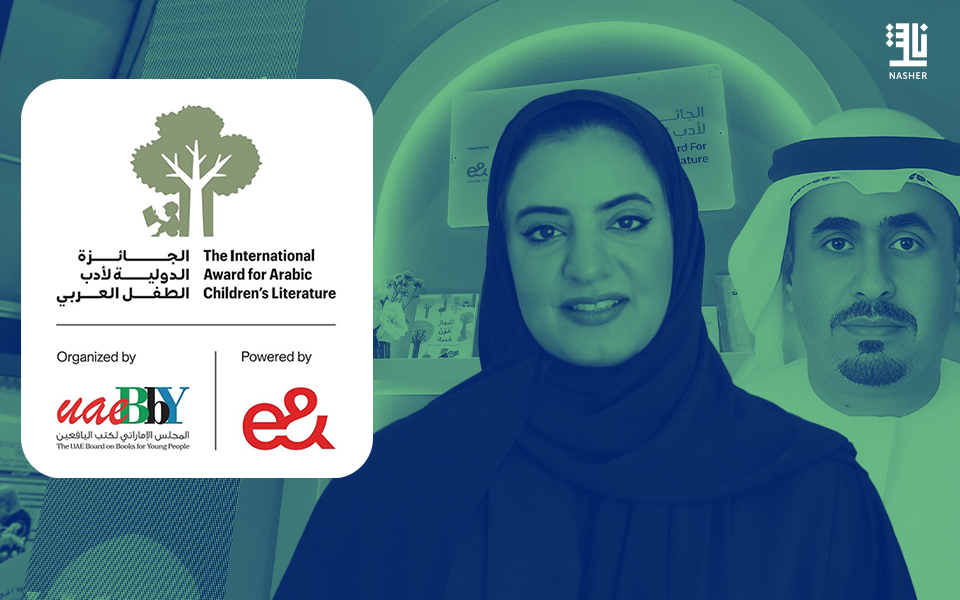It is fair to say that a lot can happen in a short space of time and Tsitsi Dangarembga can certainly vouch for that, in less than three months she has been arrested and waiting a trial, nominated for the Booker prize and was appointed as the University of East Anglia’s International Chair of Creative Writing.
Three days after Tsitsi Dangarembga was nominated for the Booker Prize longlist on July 28 with her latest novel, This Mournable Body, she was arrested. Now, she has made it onto the UK’s leading literary award’s shortlist — also three days before her trial following her arrest is set to begin. Back in July, the internationally acclaimed author and filmmaker was at a protest with a friend, holding a placard that read: “We want better. Reform our institutions.” Shortly after, a riot truck arrived; police arrested them and kept them in detention for a night.
Published in 2018, This Mournable Body was praised by The New York Times Book Review as a “masterpiece,” and is the third part of a trilogy that Dangarembga started with Nervous Conditions in 1988. The sequel, titled The Book of Not, came out in 2006.
Nervous Conditions firmly established Dangarembga’s reputation in the international literary scene: It was the first book written by a Black woman from Zimbabwe to be published in English, it was hailed by Doris Lessing as one of the most important novels of the twentieth century and won Dangarembga the Commonwealth Writers’ Prize with it in 1989, which led to translations in many languages.
In 2018, the novel was included on the BBC’s list of “100 stories that shaped the world,” landing between Salman Rushdie’s Midnight’s Children and Antoine de Saint-Exupery’s The Little Prince. Yet the acclaim of Dangarembga’s debut novel didn’t make it easier for her following projects to materialise.
“Nervous Conditions didn’t get any traction in Zimbabwe,” she said at the opening panel of the African Book Festival in Berlin in 2019, where she was invited as the curator of the event. “I have always been writing against power and that’s why things don’t always happen.”
Following her arrest in Harare last July, a growing number of book trade figures and prominent authors have added their voices of support for Dangarembga. Independent publishers Atlantic, Icon, Granta, Canongate and Oneworld, alongside English PEN president and author Philippe Sands, Sunday Times literary editor Andrew Holgate and Gaby Wood, literary director of the Booker Prize Foundation, have all added their voices in support of Dangarembga.
Authors including Barbara Kingsolver, Anna Burns, Hanif Kureishi, Kazuo Ishiguro, Margaret Drabble, Martin McDonagh, Bryony Lavery, Carol Ann Duffy and Andrew Motion have also pledged their support. This support was galvanised when Faber c.e.o. Stephen Page released a statement demanding the author’s acquittal. He said: “As she faces trial, we at Faber & Faber stand with Tsitsi Dangarembga to demand her acquittal and we urge others to support her cause. By joining together and raising our voices, let the power of our collective call effect change.”
After being arrested in the Zimbabwean capital during a peaceful anti-government protest, the author and activist was released on bail, but she is charged with incitement to commit violence, and breaching coronavirus health and safety regulations.
Last week Dangarembga was appointed the University of East Anglia International Chair of Creative Writing (Africa). This new position will be offered to four more prominent writers over the next five years from the Asia, Australasia, the Americas and the Middle East, each with a year-long remit to find, nurture and promote new voices from that region. She will be supported by the university’s Creative Writing department to deliver events, masterclasses and workshops. The International Chair initiative will be complemented by Global Voices scholarships, offering 50 fully paid places on the university’s competitive MA course over five years.
Tsitsi Dangarembga said: “I am honoured to be appointed International Chair of Creative Writing (Africa) at UEA. This position enables me to continue to pursue my long-time passion of raising awareness concerning the importance of creative writing in society in southern Africa. It is a welcome opportunity for me and emerging African writers to connect with the highly distinguished UEA programme in Creative Writing.
Dangarembga was born in Rhodesia (now Zimbabwe) in 1959, studied film at the German Film and Television Academy in Berlin from 1989-1996, moving on to a PhD in Africa Studies at Berlin’s Humboldt University afterwards. While doing so, she wrote the script for the film Neria (1993), which became the highest-grossing film in Zimbabwe. Dangarembga also directed her own documentaries and feature films, including Everyone’s Child (1996), which was the first feature film directed by a Black Zimbabwean woman.
After her time living in Europe, she returned to Zimbabwe with her family in 2000, where she established various projects to develop the film industry and support female directors. She founded a production company called Nyerai Films as well as the International Images Film Festival for Women in Harare. She is also a founding member of the Institute of Creative Arts for Progress in Africa, an organisation that supports works of art and audio-visual productions in Zimbabwe.






